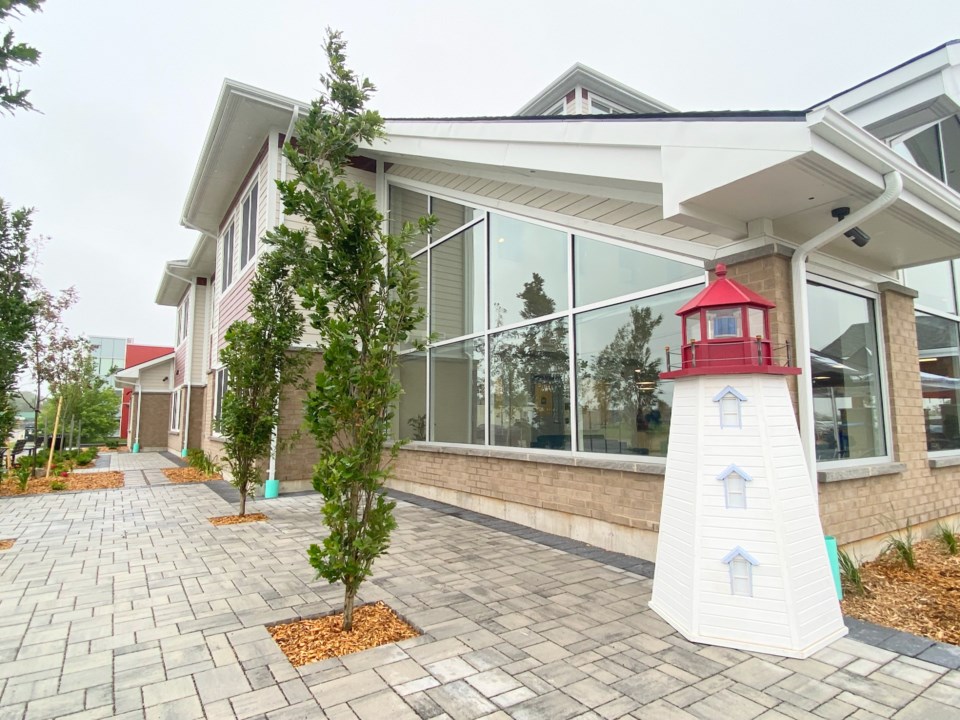This is the 26th in a series of columns written by staff from The Lighthouse to help the community better understand people experiencing homelessness and those who support them. This column appears every other Monday.
When discussing individuals who are unhoused or experiencing homelessness, the tendency is to view them through the lens of vulnerability, and rightfully so — they face significant challenges.
However, it’s equally important to recognize their inherent resilience, a quality often overlooked amidst their struggles.
At a Simcoe County Alliance to End Homelessness forum a few years ago, an Indigenous woman who had experienced homelessness shared her perspective. She dismissed the label of vulnerability and instead embraced the word “resilient” to define herself. It was a perspective shift that resonated deeply.
In our society, people who have fewer resources are often labelled as vulnerable. The term ‘vulnerable’ signifies susceptibility to harm across physical, emotional, social or economic realms.
It suggests a state of fragility, lacking the means to mitigate risks or dangers due to insufficient protection or support. Vulnerability stems from various factors such as socioeconomic status, health, age, disability, or environmental conditions. Acknowledging vulnerability is crucial for addressing disparities, advocating for justice, and implementing supportive policies and interventions.
Resilience, on the other hand, refers to the capacity of individuals, communities, or systems to adapt, rebound, and even thrive in the face of adversity. It involves enduring hardships, actively coping, problem solving, and maintaining well-being amidst challenges. Resilience is shaped by internal factors like personal strengths, coping skills, and a positive mindset, as well as external factors such as social support and access to resources. Cultivating resilience is an ongoing process that involves learning from experiences, building connections, fostering adaptability, and nurturing hope for the future.
Considering these definitions, it’s evident why the woman identified herself as resilient.
It’s essential to recognize resilience isn’t exclusive to privileged people in society; it’s a universal human quality, often amplified in adversity. Homelessness, with its myriad of challenges, fosters an environment where resilience becomes a survival mechanism. Individuals facing homelessness display resilience daily by confronting obstacles, seeking resources, and navigating complex systems with determination.
The experience of homelessness demands adaptability. From finding shelter in unconventional spaces to forming supportive connections, people who face homelessness demonstrate an extraordinary ability to adapt to changing circumstances.
Resilience is also evident in the networks of support and solidarity within homeless communities. Despite societal stigmatization, these networks provide companionship, assistance, and a sense of belonging, serving as lifelines amidst adversity.
Additionally, individuals experiencing homelessness demonstrate resilience through resourcefulness and creativity. They innovate ways to secure necessities, access health care, and pursue opportunities despite systemic barriers.
It is crucial to recognize resilience doesn’t remove society’s responsibility to address the root causes of homelessness. True progress requires acknowledging and addressing structural inequalities and systemic failures that perpetuate homelessness.
While vulnerability is often emphasized in discussions about homelessness, resilience is equally, if not more, integral to the lived experiences of those affected. By recognizing and celebrating their resilience, we honour their strength and advocate for systemic change. It’s time to shift the narrative from vulnerability to resilience, acknowledging the unstoppable spirit that thrives even in adversity.
Linda Goodall is the executive director at The Lighthouse and can be reached at [email protected].
Rosemary Petersen is the assistant director at The Lighthouse.
